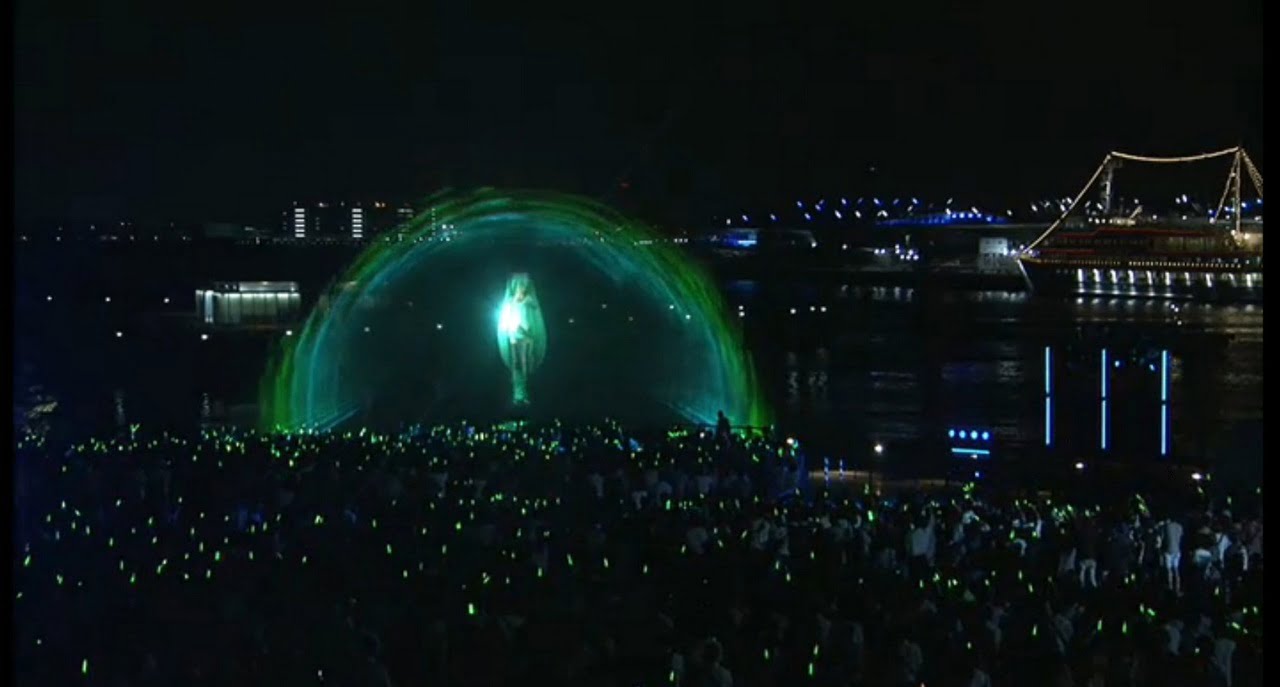
Associate Professor Ian Condry—a specialist on anthropology in Japan—spoke with Wired Magazine about one of his favorite topics, the virtual pop star Hatsune Miku.
Ian Condry, a professor at MIT who teaches courses in Japanese pop culture, including a section on Miku, says the character serves “as a platform people can build on. She becomes a tool of connection who, through people’s participation, comes alive.”
[…]
“She’s a wiki-celebrity,” Condry, the MIT professor, says. “Enough people act on her that she takes on a life, but not of her own–everybody else’s life.”
Or as Condry wrote in more detail for the Civic Media blog:

Miku reinforces some of the lessons for civic media that we’ve heard before: people need to feel a genuine openness to participate; sharing and dialogue are key to building a community; free culture is more generative than controlled-IP systems; cooptation and commercialization are always risks, especially as popularity increases.
But Miku offers a particular schema of distributed creativity, different than both Wikipedia and human celebrities. Miku lacks a back-story. She has no pre-defined personality. She doesn’t exist in a singular made-up fantasy world. This Wikicelebrity makes old-fashioned human celebs look like appliances, when the future is platforms.
Might this provide alternative ways of thinking about democracy and participation as well?



